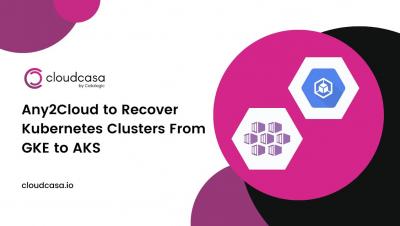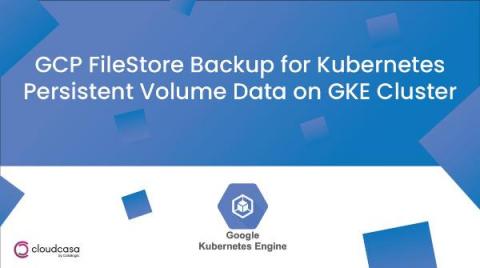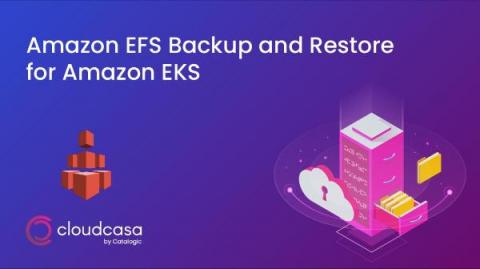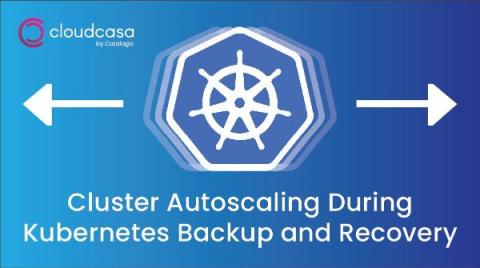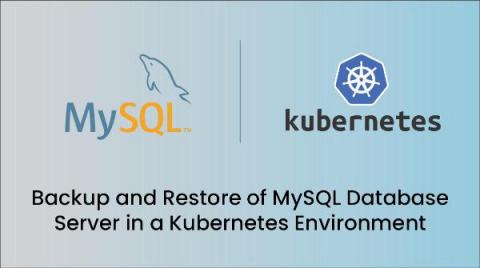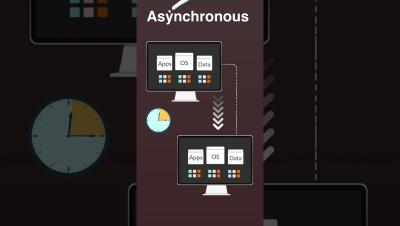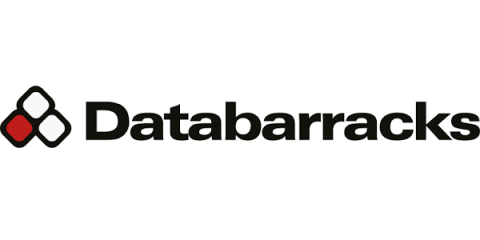Security | Threat Detection | Cyberattacks | DevSecOps | Compliance
Backup
GCP FileStore Backup for Kubernetes Persistent Volume Data on GKE Clusters
Google Cloud Provider (GCP) Filestore is a good place to keep lots of rich, unstructured data, such as graphic designs, video editing files, and other media workflows that use files as input and output. Having GCP Filestore backups enables users to protect themselves against the rare case of inaccessibility, accidental changes, ransomware attacks, or other types of disasters.
Discover Cloud Native Protection and Portability at Scale
Amazon EFS Backup and Restore for Amazon EKS
Amazon Elastic File System (EFS) is a simple, scalable and fully managed file storage service to support the storage and throughput needs of your Kubernetes applications. Amazon EFS is designed to be highly available and durable, however your EFS data can still be prone to data loss, data corruption, and have compliance issues. Amazon EFS Backup and Restore of data helps protect against data loss due to hardware failures, accidental deletion, ransomware attacks, or other types of disasters.
Cluster Autoscaling During Kubernetes Backup and Recovery
Companies often see seasonal business spikes with periods of increased on-line demand or activity. To meet the changing application demands, Kubernetes has become the platform of choice to automatically scale web applications and infrastructure up and down. Autoscaling in Kubernetes adjusts the resources that are available to run the application or service, while minimizing the cost of those resources.
Backup and Restore of MySQL Database in a Kubernetes Environment
MySQL database is one of the most popular open-source relational database management systems, and it is a top choice for some of the world’s favorite websites and web applications including YouTube, Twitter, and WordPress. Handling so much data and protecting it is incredibly important to organizations.
What is VM Replication
How Integrating with GCP Benefits Kubernetes Data Protection and Data Migration for GKE
TFiR has produced its brand-new video show called Let’s See. This is the first time that TFiR has come up with a demo show where we will get to see how some of the technologies and products work.


